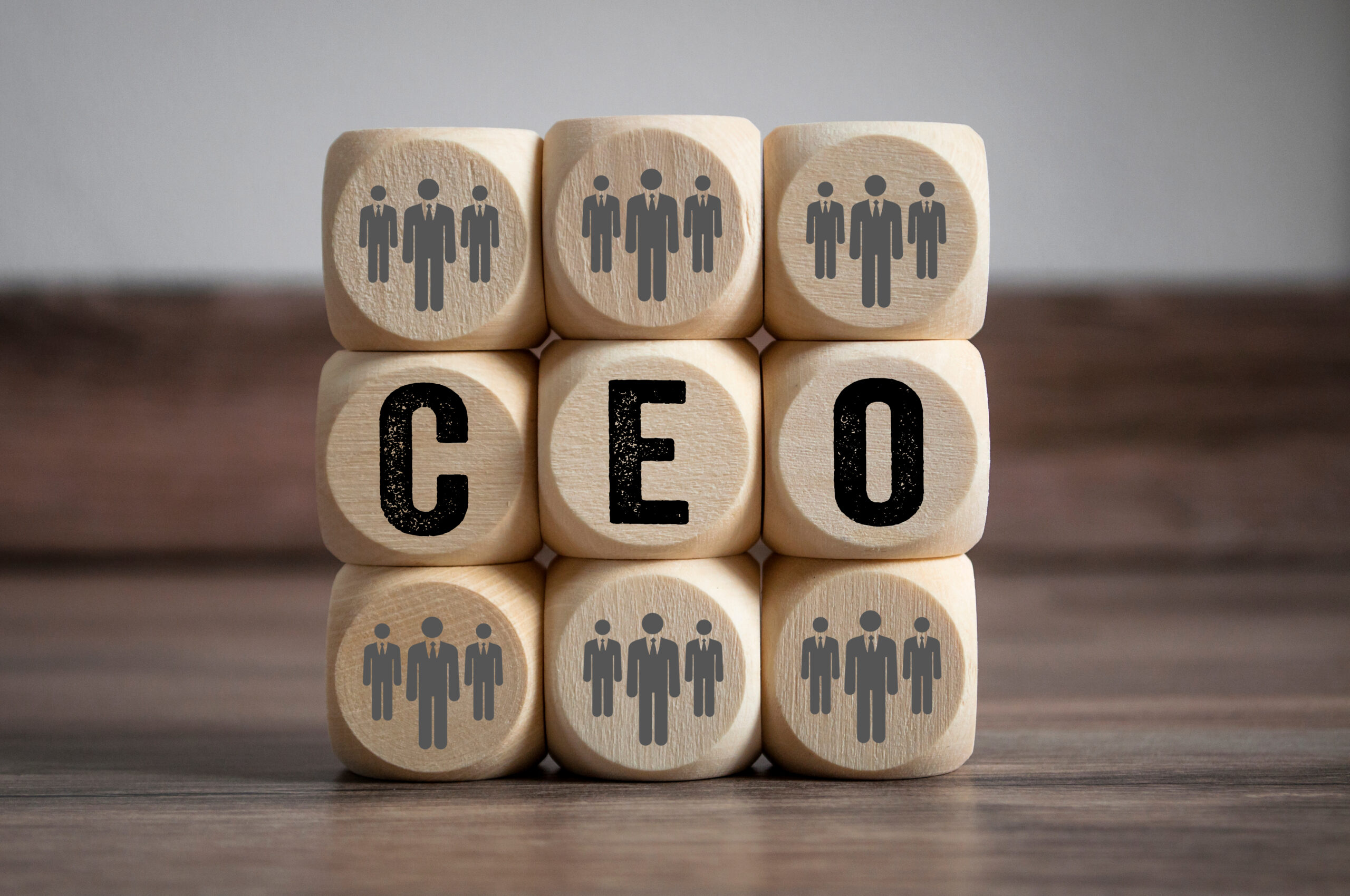When companies are trying to affirm a strong commitment to workplace safety for all their employees, they can unwittingly be tripped up by a simple question: who is ultimately responsible? As a practical matter, human resources may be the first to hear complaints of harassment, bullying, or other types of misconduct, as well as being tasked with tracking and resolving cases. However, that does not mean that senior leadership can simply wash their hands of the issue, assuming that safety is HR’s problem to deal with. No matter who handles individual reports of misconduct, the CEO sets the tone for how an organization addresses unwelcome or unethical behavior. If the signal from the top is that serious allegations will be ignored, minimized, or papered over, even the most diligent HR manager will be powerless to effectively uphold high standards.
The Importance of Trust
When an organization’s stated values don’t align with the reality of how it handles incidents of misconduct, it undermines the trust that not only employees but also customers have in that business. CEOs shouldn’t underestimate the damage this can do. According to a 2022 survey by PwC, 71% of employees say they would leave a company if it loses their trust, while 71% of consumers say they would be unlikely to buy from a company if it loses their trust.
The survey also pointed out that treating employees well is one of the most important factors in earning both employee and customer trust. Unsurprisingly, it was the most important factor for employees, with 47% of those surveyed citing it as one of the most important steps for building employee trust. However, 33% of consumers also considered it one of the most important steps for earning their trust, putting it only one point behind their top concern (affordability of products/services). Unfortunately, trust is easy to lose but hard to rebuild. The wise CEO will focus on avoiding mistakes that can be hard to recover from organizationally.
Learning from the Errors of the Past
Recent legislation enacted regarding workplace nondisclosure agreements and pre-dispute arbitration agreements offers important insight on failed leadership strategies of the past. In December 2022, President Biden signed the bipartisan Speak Out Act into law, barring the use of nondisclosure agreements that employees and contractors are required to sign to block victims of sexual harassment from speaking out, and making existing NDAs of that nature unenforceable for that purpose. While such agreements might have initially been intended to protect a business’s trade secrets, they have frequently been used to silence those who have been subjected to workplace misconduct. Similarly, a bill signed into law in March upholds the right of sexual assault or harassment victims to go to court, rather than being required to settle their complaints through arbitration.
CEOs who used these tactics may have thought they were protecting their brand’s reputation by keeping the company’s dirty laundry out of the public eye. This secrecy, however, has a critical downside—when victims are prevented from speaking out, harassment often continues because perpetrators are shielded from accountability for their actions. What could have been one unfortunate incident becomes a pattern of harm. Worse, when the facts come out (and they always do eventually), the disconnect between a company’s public claims and their actions destroys trust.
CEO’s Leading with Action
Modern CEOs know that to demonstrate a solid, ongoing commitment to workplace safety, an organization must back up rhetoric with action. This starts with adopting the tools necessary to make it easy for employees to report misconduct and for management to investigate effectively and act when necessary. #NotMe is designed to be an integrated reporting and case management solution that gives your leadership visibility into potential problems so you can take needed actions before issues spin out of control.
Our reporting app makes it easy for employees to speak up, anonymously if necessary, right from their phone, tablet, or laptop. Reports are then organized and prioritized in our AI-powered case management system, allowing your teams to effectively track and resolve issues. With clear audit trails and data analytics that enable management to see emerging patterns of problematic behavior, businesses can act with transparency and consistency to uphold their standards of workplace conduct.
To find out more about how #NotMe’s reporting, investigation, and case management solutions can make it clear that your organization’s commitment to workplace safety comes right from the top, contact us here today.












